5 Reasons a Retaining Wall Is a Great Investment
Whether for functionality or visual appeal, retaining walls provide a range of benefits that make them valuable additions to any landscape. A well-built wall can enhance structural stability, prevent soil erosion, and boost the overall value and curb appeal of a property. Working with an experienced retaining wall contractor ensures the structure is properly designed and constructed to meet both practical and aesthetic goals. Let's explore the many advantages of retaining walls and explain why they represent a smart investment for homeowners.
1. Erosion Control
Erosion is a natural process that can significantly affect landscaping, leading to soil degradation and the loss of valuable garden space. Retaining walls effectively combat this issue by providing a barrier that stabilizes soil on a slope. These structures reduce the velocity of water runoff, significantly diminishing soil displacement. By incorporating vegetation into the design of retaining walls, you can further strengthen the soil, adding layers of natural erosion protection.
Retaining walls prevent soil loss by acting as a steady, supportive wall that anchors the earth. The design of these walls allows for better absorption and control of water, ensuring less immediate impact on the soil beneath. As a result, the potential for landslides or terrain shifts is greatly minimized, preserving the land for future use. With strategic implementation, retaining walls preserve landscape structures and garden designs from erosion.
The long-term environmental benefits of retaining walls are substantial, particularly when it comes to minimizing landscape disruption and promoting ecosystem stability. By controlling erosion, these structures help preserve local habitats, allowing native plants and wildlife to flourish. A qualified retaining wall contractor can design and install solutions that support biodiversity while protecting the integrity of the surrounding environment. Numerous case studies have shown how well-planned retaining walls can enhance both rural and urban landscapes by preventing soil loss and maintaining ecological balance.
2. Increasing Property Value
Retaining walls play a crucial role in enhancing curb appeal, an important factor when assessing a property's market value. These structures can transform a plain-looking house into one with a significant visual statement, catching potential buyers' attention. Strategically placed retaining walls can frame a home beautifully, providing a polished and finished look that enhances outdoor aesthetics. Landscaping additions like retaining walls often lead to returns in terms of increased property value.
Another key advantage of retaining walls is their ability to create usable outdoor spaces on properties with sloped terrain. By leveling uneven ground, a skilled retaining wall contractor can transform steep areas into flat, functional zones ideal for gardens, patios, or recreational use. These enhanced outdoor spaces not only expand a home's living area but also improve its overall utility and enjoyment. As a result, well-designed retaining walls add significant value to a property, making it more attractive to prospective buyers seeking versatile outdoor features.
A comparative market analysis often reveals that retaining walls add quantifiable value to home properties. Properties with well-designed landscapes, inclusive of retaining walls, are generally more favorable in home appraisals. Landscaping, which includes such features, can significantly lift home values beyond the cost of its construction. When these walls are constructed using materials like stone or concrete, this value can last because, according to This Old House, such walls can endure from 50 to 100 years.
3. Aesthetic Enhancement and Design Flexibility
Retaining walls are not only functional but also enhance a property’s visual appeal with a wide range of design possibilities. A professional retaining wall contractor can build walls using materials like natural stone, brick, concrete, or wood, offering flexibility to suit different aesthetic preferences. This variety allows homeowners to customize the look of their retaining wall to complement the existing architecture or create a striking contrast. With the right design and materials, retaining walls can serve as both a structural solution and a visually engaging landscape feature.
Integrating retaining walls with existing landscape features can result in a seamless and visually cohesive outdoor environment. A skilled retaining wall contractor can design walls that support garden structures, frame home extensions, or enhance the visual impact of elements like staircases and water features. These walls can be customized to complement the architecture and flow of the surrounding space. Adding built-in lighting further elevates the design, creating striking nighttime effects that enhance the ambiance and functionality of the area.
There are countless inspirational examples of retaining walls that accomplish both functional and aesthetic goals. From terraced gardens to grand entryways, the creative options are endless. Homeowners have found unique ways to use retaining walls as art pieces, using texture and color to create an extended canvas. Contemporary designs often marry different materials or use eco-friendly products, achieving sustainable beauty.
4. Structural Support and Safety
One of the core functions of retaining walls is to prevent land movement, ensuring foundational stability for property structures. In areas prone to landslides or shifting terrain, these walls act as a necessary safety measure. They help maintain the integrity of the built environment by countering the pressure exerted by soil on sloped planes. In cases where land is liable to movement, retaining walls ensure that both minor and major shifts are contained.
Retaining walls significantly enhance safety by protecting structures, pathways, and driveways from soil erosion and shifting. They create a definitive boundary that secures constructed areas against unexpected land movement. Retaining walls offer support for pathways situated along steep inclines, providing secure access. This added safety is indispensable for homes built on uneven or sloped properties.
Safety compliance is reinforced in retaining wall construction, with many builders adhering strictly to building codes. Regulations often dictate the scope, materials, and engineering needed for structural safety in retaining walls. Adopting these standards ensures the resulting construction offers lasting support and integrity. Retaining walls also require regular maintenance to ensure their continued safety, enhancing their long-term durability.
5. Effective Water Management
Retaining walls are beneficial in dealing with stormwater runoff, which poses various challenges to property management. These walls help redirect water flow, preventing water from pooling in undesirable areas. Often, they are designed with integrated drainage systems, ensuring efficient water management. Properly installed retaining walls reduce the risk of water-related damages, like soil washoff during heavy rains.
Concrete retaining walls play a vital role in protecting property foundations from water-related damage. When installed by an experienced retaining wall contractor, these structures can redirect water flow, reduce erosion, and channel moisture safely toward proper drainage systems. By effectively managing runoff, the risk of water seeping into the foundation is greatly minimized, helping to prevent costly structural issues. In addition to safeguarding the foundation, retaining walls also offer long-term protection for other features like driveways and patios, contributing to the overall durability of the property.
Structural design plays a key role in maximizing the drainage efficiency of retaining walls. Engineers often incorporate advanced techniques such as weep holes or drainage pipes to ensure optimal water flow. This design planning ensures that retaining walls manage water sustainably without degradation. Real-life implementations often show how retaining walls provide resiliency and sustainability in water management.
Retaining walls are a smart investment for property owners looking to improve the beauty, functionality, and safety of their landscape. Partnering with a qualified retaining wall contractor ensures these structures are expertly designed and installed to maximize both environmental and financial benefits. When thoughtfully integrated, retaining walls enhance property value, support long-term landscape health, and contribute to a more enjoyable and usable outdoor space. Contact Mt. Baker Landscaping for your next retaining wall project.

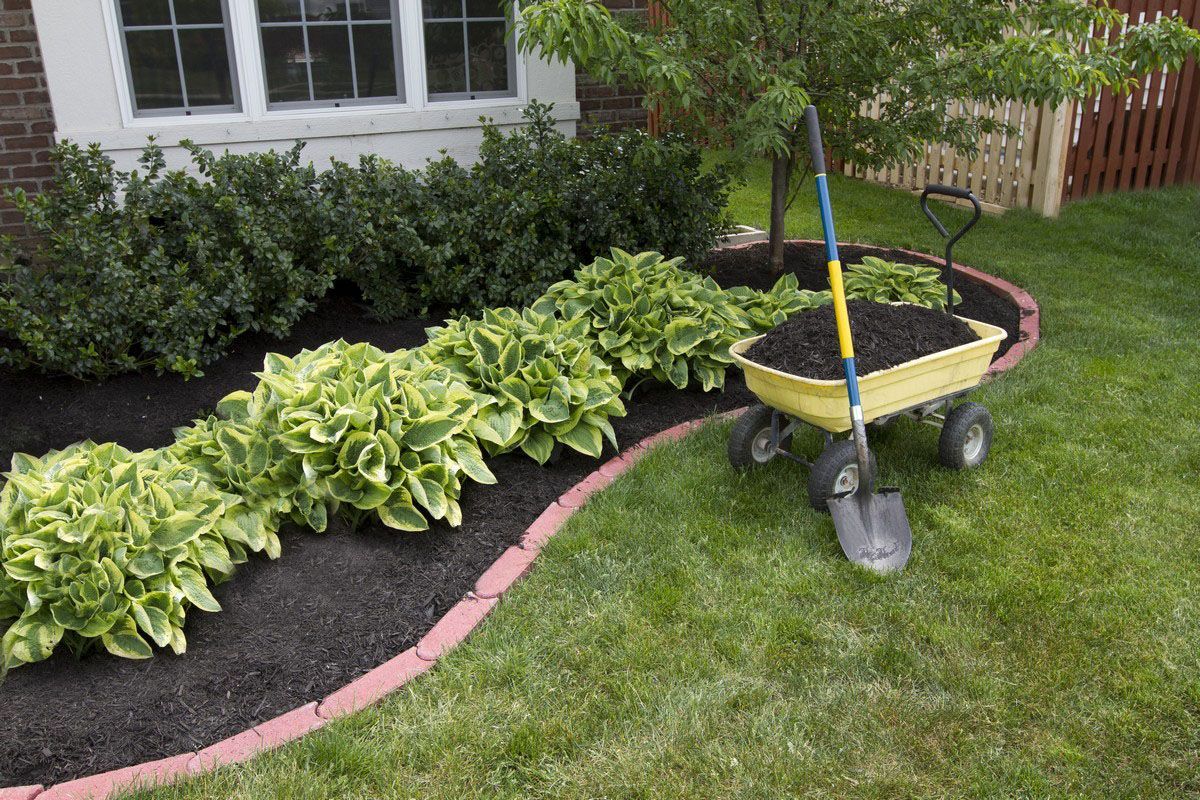

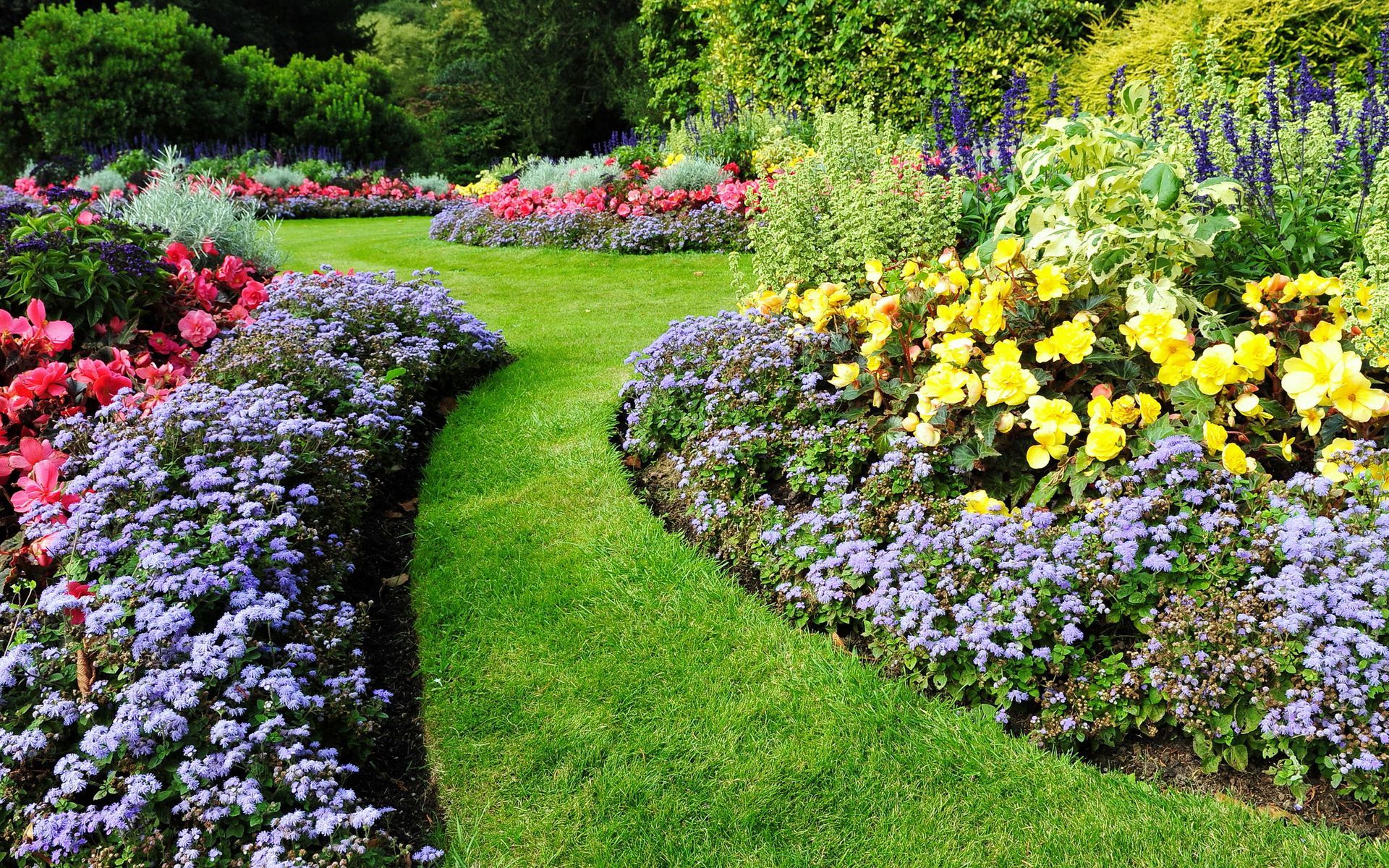
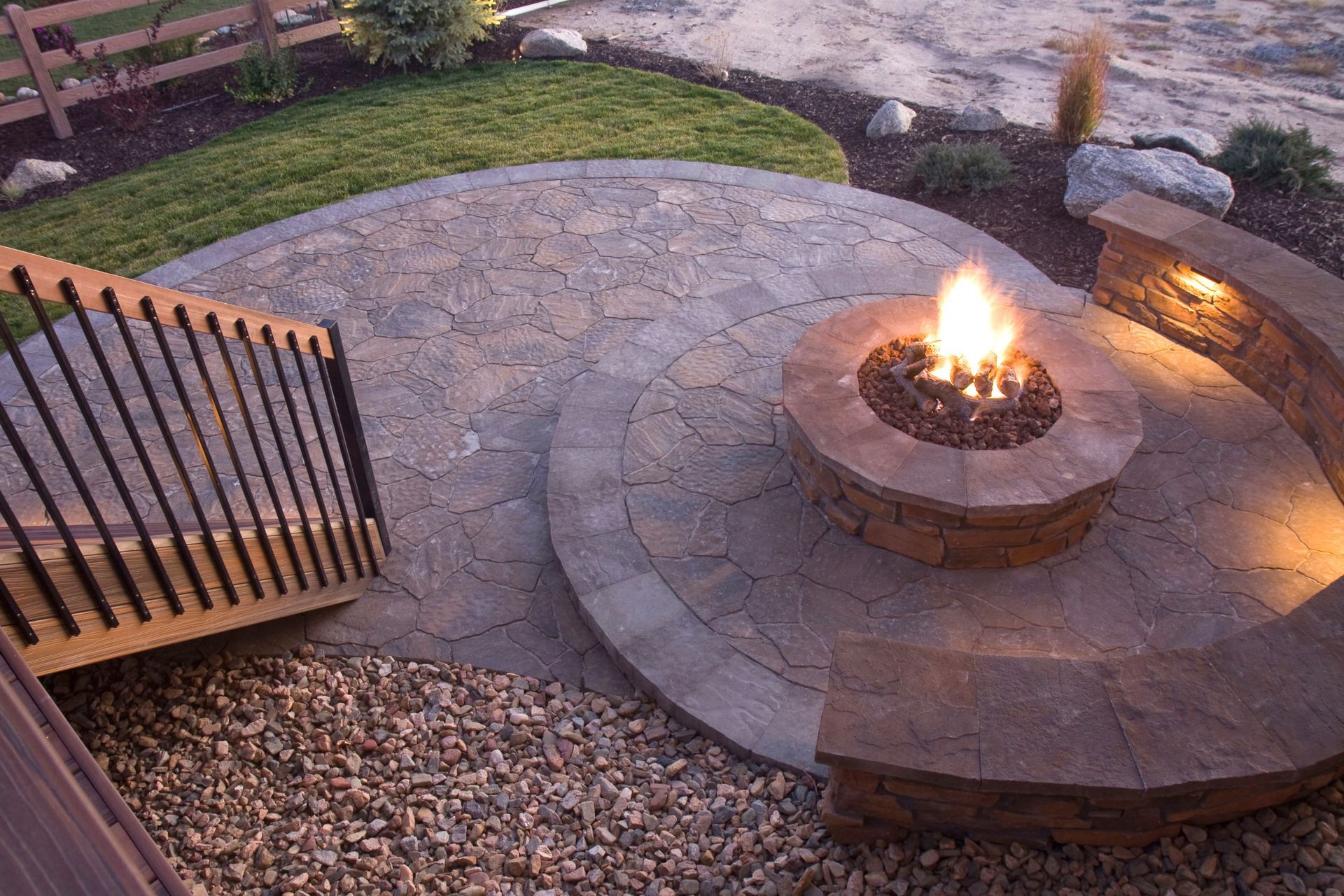
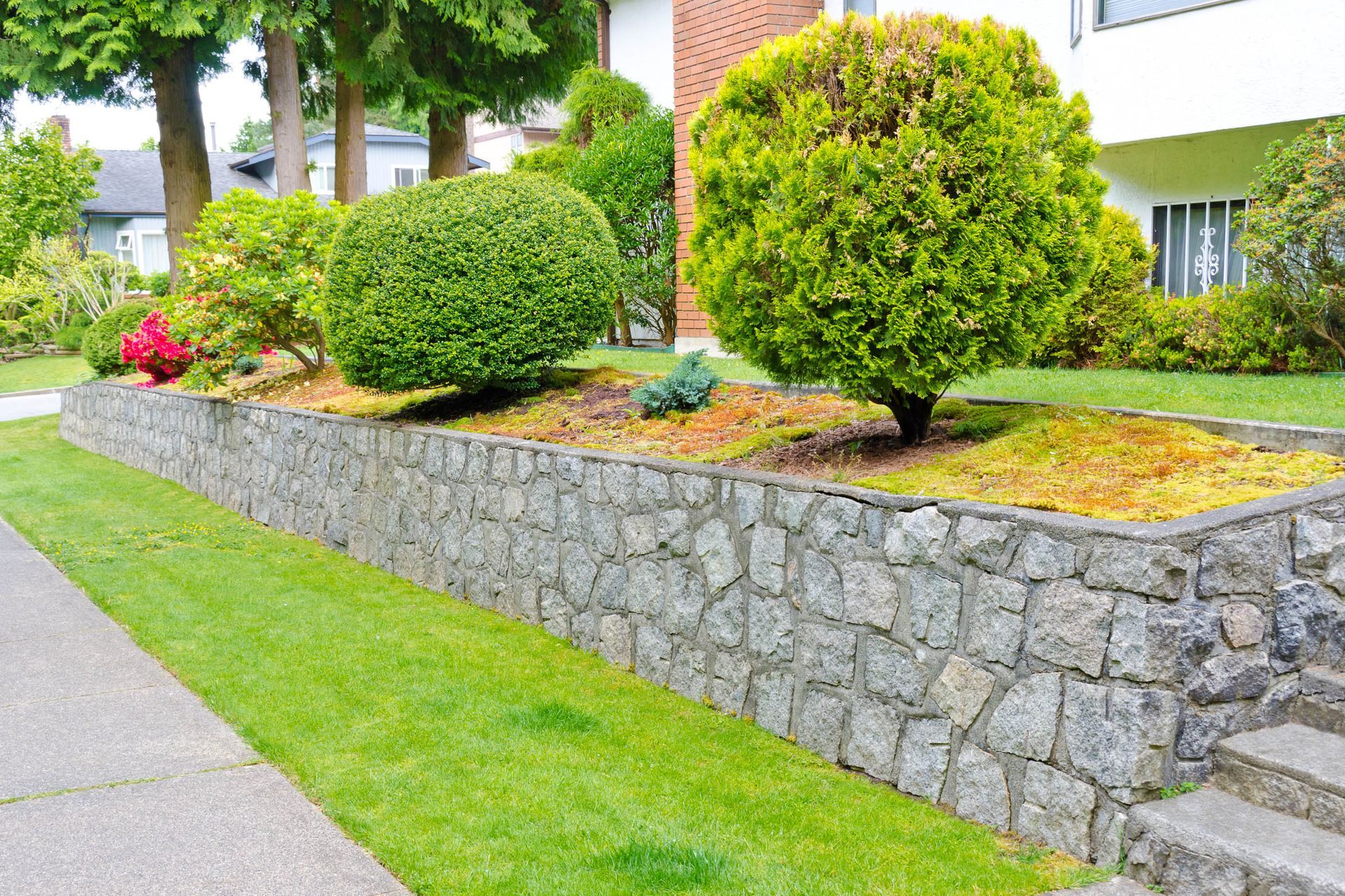
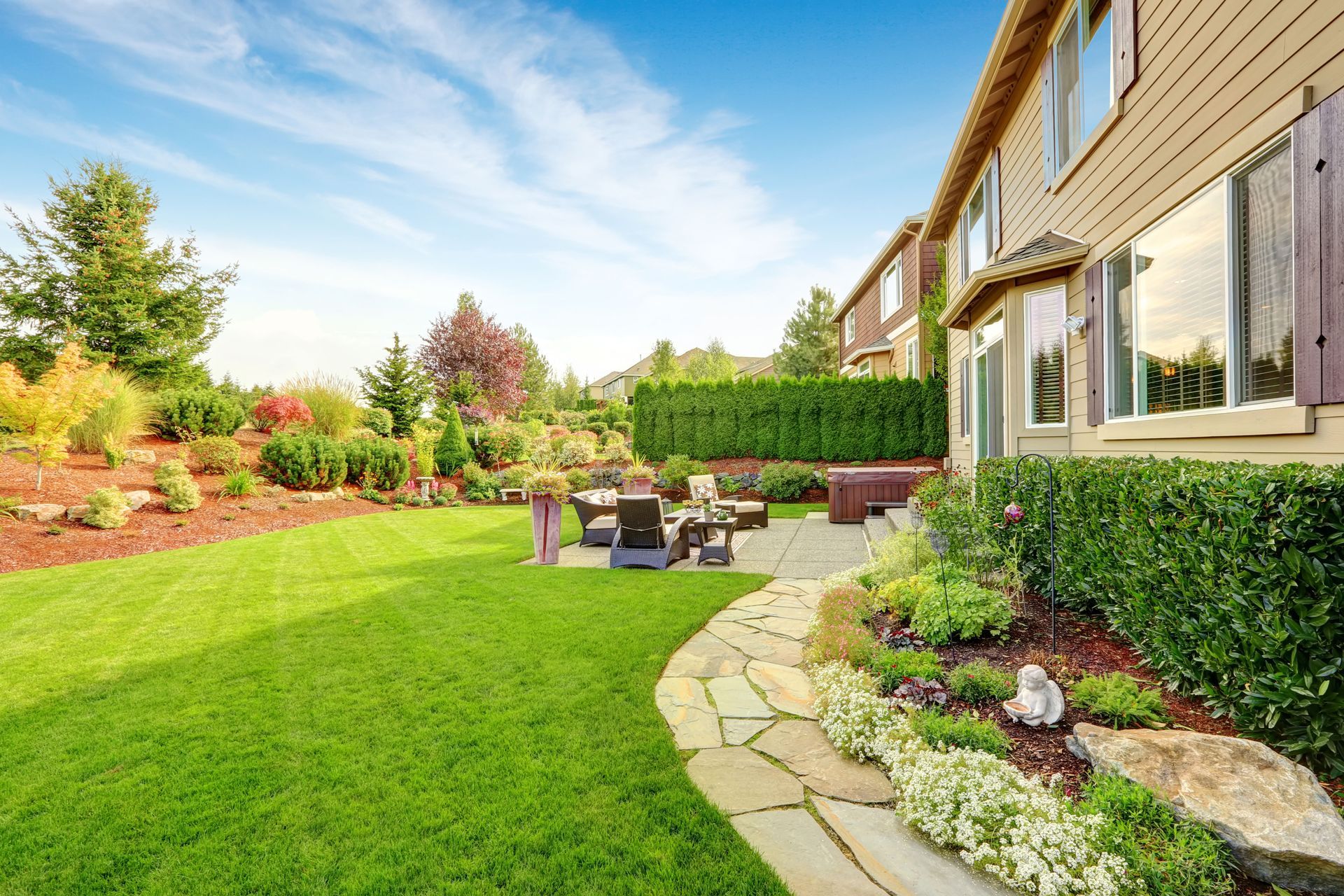
Share On: